Notice: Undefined variable: page in /home/vrxdg1855sn3/public_html/wp-content/themes/72tree/content.php on line 15
Notice: Trying to get property 'ID' of non-object in /home/vrxdg1855sn3/public_html/wp-content/themes/72tree/content.php on line 15
How is Your Tree Fighting Global Warming
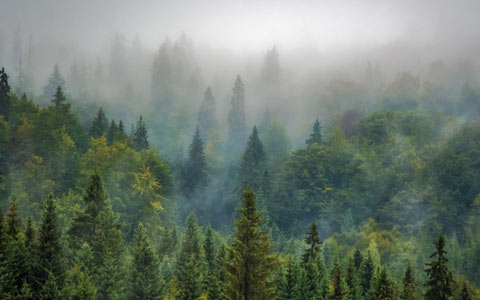
Did you know that your tree is part of a global carbon sequestration system that sustains breathable air for the human race? In fact, without trees, life on earth as we know it would cease to exist.
72tree.com gathered essential information about the role of carbon sinks and how keeping your tree healthy plays a vital role in combating global warming and sustaining breathable air.
What Are Carbon Sinks
A carbon sink is a natural system that absorbs, uses, and stores carbon dioxide from the atmosphere. Technically, you could say that anything that absorbs more carbon than it releases is a carbon sink.
Earth’s principal carbon sinks are:
Trees and Plants – Trees and plants use carbon dioxide captured from the atmosphere for their photosynthesis (food making) process.
Oceans – The oceans play a significant role in storing carbon dioxide. Some marine life will capture the gas for photosynthesis, while some of the gas simply dissolves in the water.
Soil – As plant life dies and decomposes, a portion of its captured carbon dioxide is transferred to the soil.
Nearly a quarter of the carbon dioxide humans have released into the atmosphere has been absorbed by trees and plants. As atmospheric carbon dioxide levels increase, so increases carbon fertilization.
Carbon Fertilization and Tree Growth
As atmospheric carbon dioxide levels increase, more is available to convert to plant matter through photosynthesis, and trees can grow more. This increased growth is referred to as carbon fertilization.
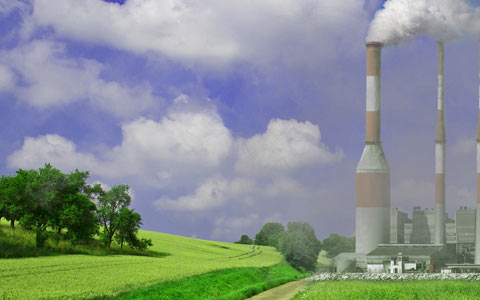
Because of carbon fertilization, trees will continue to grow larger and for more extended periods, as long as their necessity for water, sunlight, and nutrients (primarily nitrogen) is met. If a tree is missing just one of these necessities, it will not grow regardless of the abundance of the others.
Tree Planting and Forest Conservation
Tree planting and forest conservation are vital activities towards the reduction of mankind’s carbon footprint, as trees are remarkably efficient at carbon sequestration, they provide up to 30% of the global action required to stop climate change.
In fact, a single healthy tree is capable of releasing around 6,000 pounds of breathable oxygen over 50 years. That’s about the oxygen consumption of 4 people per year.
With 3.04 trillion trees worldwide and a world population of 7.53 billion, trees alone produce approximately 4,845 pounds of oxygen per person per year. While this number seems reasonably sufficient, carbon emissions are on the rise around the globe, leaving the ominous question of “How long can our trees sustain our oxygen requirements?”
Along with rising carbon emissions, trees and forests, do not always act as carbon sinks. In fact, massive carbon releases by trees may occur at any time when triggered by:
• Deforestation
• Tree and plant decay
• Forest fires
• Wildfires
• Volcanic eruptions
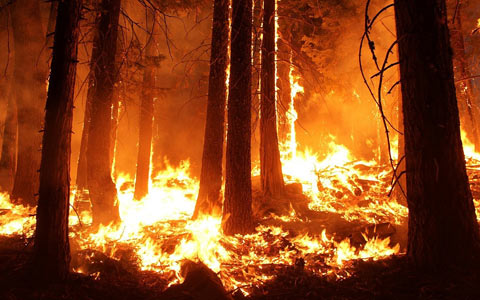
Suffice it to say that as long as carbon emissions continue rising, and the global tree population is threatened, the delicate balance of carbon sequestration and oxygen production can easily slide in the wrong direction.
Tree and forest conservation is one of our best weapons to fight global warming, and it starts in your yard. Keep your trees healthy by making sure they:
• Are planted in the right place
• Have the best soil type for the species
• Have sufficient water
• Are fertilized before their growth period
• Are seasonally pruned
• Are properly mulched
• Inspected annually for disease and infestation
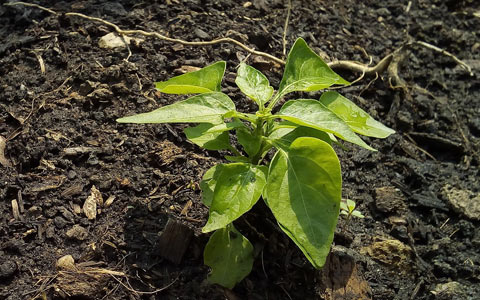
Learn more about planting trees at 72tree.com/tree-planting-guide/
When living near or visiting a forest, you can participate in its conservation by:
• Camping in only designated areas
• Removing or disposing of your trash properly
• Building fires in designated fire-pits
• Fully extinguishing fires before leaving
• Disposing of matches and cigarette butts properly
• Not discharging fireworks
• Reporting suspicious activities
• Notifying park rangers of dead or dying trees
• Avoiding all activities that can physically harm trees
Learn more about forest conservation and preventing wildfires at redcross.org/get-help/how-to-prepare-for-emergencies/types-of-emergencies/wildfire/how-to-prevent-wildfires.html
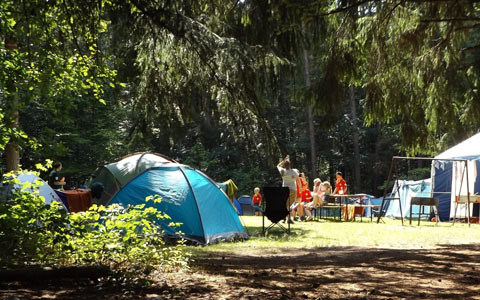
Your Tree, Climate Change, and Global Warming
It may be hard to imagine, but by keeping your trees healthy, you are actively pushing back against climate change and global warming. The human race owes its breathable air to the global population of trees, as they sequester carbon dioxide and release the oxygen we breathe.
In this article, you discovered the function and importance of carbon sinks, how your tree plays a significant role in global oxygen production, and how healthy trees and forests help to stop climate change and reverse global warming.
By keeping your trees healthy, you are actively participating in the reduction of atmospheric carbon dioxide, thus slowing climate change and global warming.
Sources:
https://earthobservatory.nasa.gov/features/CarbonCycle/page5.php
https://www.americanforests.org/blog/forests-carbon-sinks/
https://www.nasa.gov/feature/goddard/2016/carbon-dioxide-fertilization-greening-earth
https://www.conservation.org/stories/Pages/14-forest-conservation-facts-you-need-to-know.aspx
https://www.npr.org/2015/12/26/461095807/tree-counter-is-astonished-by-how-many-trees-there-are
